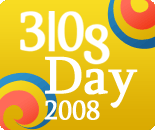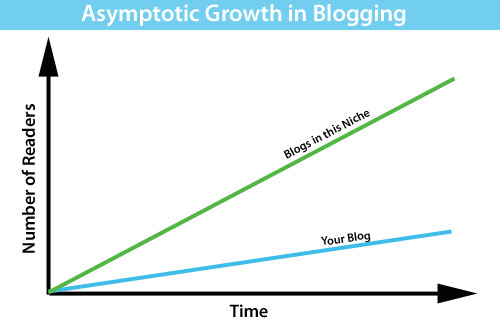Please jump on over to the Ushahidi blog for some background history, to study the mockups, and let us know what we can do better, or what should change.
The dev team on this is really looking forward to getting some constructive criticism. Thanks!
 Recently Merlin Mann wrote an outstanding post on what makes a good blog, and why they’re so rare. I’d suggest everyone read it, especially if you’re trying to figure out how to be a better blogger. Having said that, in honor of BlogDay 2008, here are 5 Africa-focused blogs that I think are interesting. Keep in mind, I’m particularly interested in African tech so that’s why they lean in that direction…
Recently Merlin Mann wrote an outstanding post on what makes a good blog, and why they’re so rare. I’d suggest everyone read it, especially if you’re trying to figure out how to be a better blogger. Having said that, in honor of BlogDay 2008, here are 5 Africa-focused blogs that I think are interesting. Keep in mind, I’m particularly interested in African tech so that’s why they lean in that direction…
Nairobi Notes
I initially found out about Nairobi Notes through her Twitter updates (@nairobinotes) – they were interesting, funny and timely, which eventully led me to her blog.
Startup Africa
First off, I love their name – I’m just not sure how they got that amazing URL… How was it not taken? Anyway, Startup Africa does an excellent job of providing news on events, websites and startups in Africa, with a particularly good focus on South Africa.
TechMasai
Another new favorite of mine in the African web tech scene is TechMasai. They profile new African websites and services, often with some opinionated commentary which I like.
Mootbox
Short, interesting, and tends to be Nigeria-focused. In Omodudu’s own words, it’s about, “business, Micro-finance, Social Entrepreneurship, Small business development and other assorted randomness.” Follow Oz on Twitter too @Osize.
Jackfruity
I could just tell you that I like this blog because of it’s design – I’ve always salivated over Rebekah’s site design(s). However, she writes really cool and interesting stuff about Uganda, Sudan and humanitarian issues too. Keep her in your feed.
That’s all for this year!
Paul Jacobson is a lawyer and long-time South African blogger. He wrote a post today, “Blogging is, like, so 2007”, that triggered some thoughts I’ve had on blogging and growth. In it he talks about how the there are many more ways to publish your thoughts to the web other than your blog (lifestreaming), and how that fractured state leads to less value being placed in blogging.
I think there’s more to it than just the number of ways to communicate, it’s also about the number of new people who come online each year with their own blog, Twitter comments, Facebook Note, etc. Each year there is more content being put online and so your own voice matters less relative to the sum of all noise out there. This applies to niches, and the web in general, and I refer to it as asymptotic publishing growth.
Put another way, even if your blog grows more readers every year, it shrinks in relation to the whole.

This is particularly apparent to first-movers in any new platform. At first you have an inordinate amount of “voice” in a specific sphere, which seems to erode over time.
One of my theories on what happens as these environments mature is that as they grow and there becomes more and more options for readers, that there tends to be a coalescing or readers around a certain few blogs or publishers. Though every one of the publishers is likely growing in size, there are certain “keystone” blogs to each niche that have an inordinate amount of influence relative to the general blog in that space.
For example, as a technology blog reader, I might visit 10 blogs every day. However, three of those are likely the same as everyone else.
I compare this to teen hangout locations. There are a lot of places to hang out, and everyone tends to go to a few of their favorite places. However, everyone knows the place to be on Friday night, and that’s the place where the majority of teens go.
There will always be more noise in the blogosphere, or whichever publishing platform is your choice of the moment, than when you first started in it. However, those that provide the most value to the readers will continue to grow and also garner a greater relative audience than their peers.
Basically, asymptotic growth is a truth that we all have to live with, but there will always be islands of influence.
© 2025 WhiteAfrican
Theme by Anders Noren — Up ↑